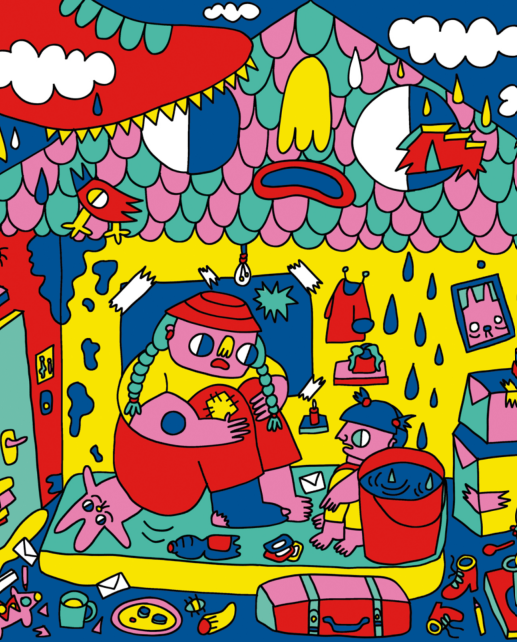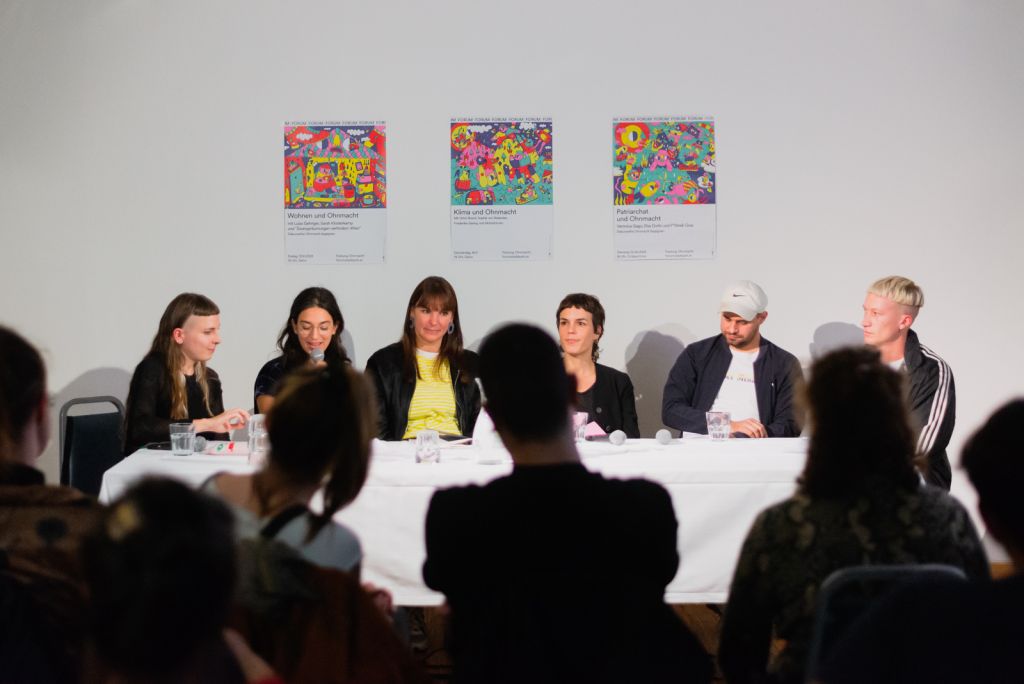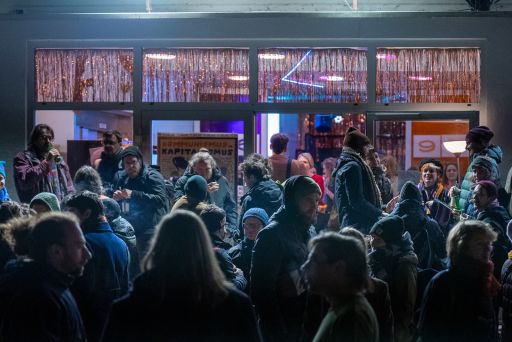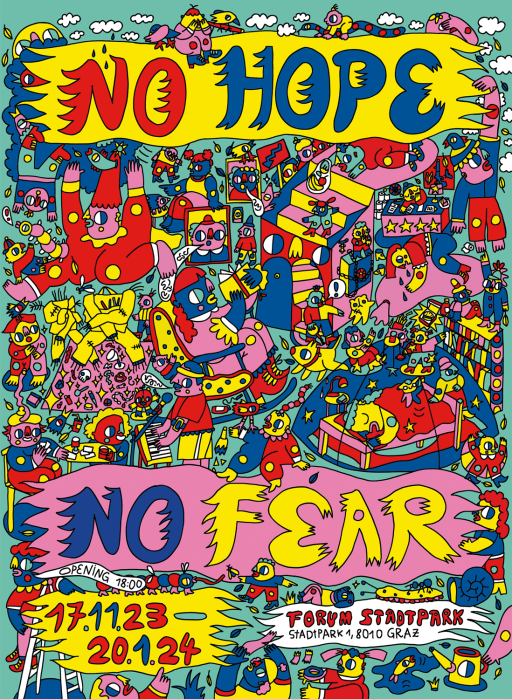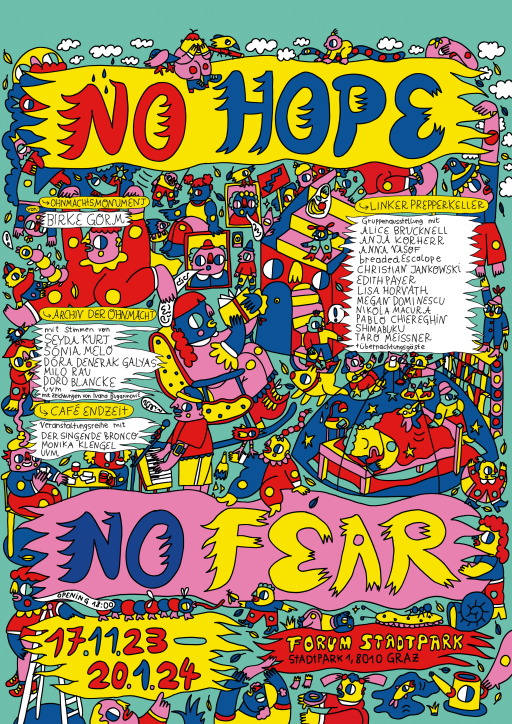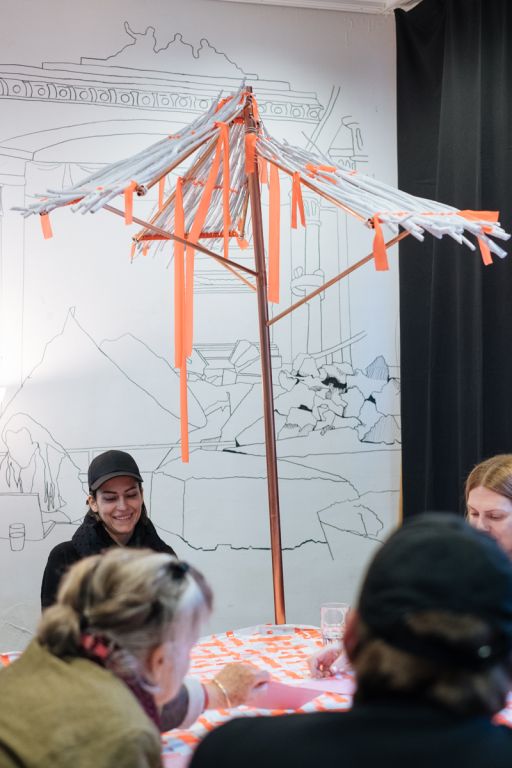Discourse series Facing Ohnmacht
Housing and Ohnmacht
FORUM STADTPARK – Fortress Ohnmacht, Facing Ohnmacht Lecture series June – November 2023
Ohnmacht* paralyses. It leads to passivity and discouragement – to the point of resignation. Crisis conditions intensify both social and individual feelings and experiences of powerlessness, and through this, it becomes clear that Ohnmacht has a systemic character. The series of discussions “Facing Ohnmacht” invites a critical and emancipatory confrontation with powerlessness as a feeling, an experience, and a social symptom. The series focuses on counter-narratives, pointing to strategies and approaches that lead out of powerlessness and into empowerment.
*The German word Ohnmacht refers to being ohne Macht (without power): a state in which power is absent or lacking. To be ohnmächtig also means to have fallen unconscious.
Housing and Ohnmacht
Discussion event and workshop are in German.
Processes of gentrification, housing speculation, financialisation, land shortage, and the upwards spiral of rental and energy costs are all consequences of neoliberal politics in urban planning and housing. Today, the rent is no longer affordable for many. Housing contracts are terminated in the name of profitability, meaning that a rising number of renters are being displaced from their own homes and neighbourhoods, including through forced evictions. Such processes are systemic, and they reveal forms of Ohnmacht on a structural and an individual level.
Being forced to leave one’s private living space and social context can lead to being burdened with emotions such as existential fear, loss of control, shame, despair, and political paralysis – which often culminate in isolation and resignation. These forms of Ohnmacht are structurally conditioned: displacement processes tend to isolate those individuals affected, making it particularly difficult for them to become politically active. However, many examples of activist (self-)organisation and collective resistance demonstrate how the vicious cycle of isolation and political disempowerment can be broken. Insisting on housing as a human right means collectively countering experiences of Ohnmacht with solidarity and hope.
The discussion event will be accompanied by the Human Geographers Dr. Sarah Klosterkamp and Luisa Gehriger as well as "Zwangsräumungen vehrinern Wien".
02.06.2023: Patriarchy and Ohnmacht
13.10.2023: Housing and Ohnmacht
14.10.2023: Workshop: Evictions. Power & powerlessness of the involved actors
16.11.2023: Climate and Ohnmacht
Curated by:
Sara T. Huber und Rivka Saltiel
Graphic by: Haras Ananas
